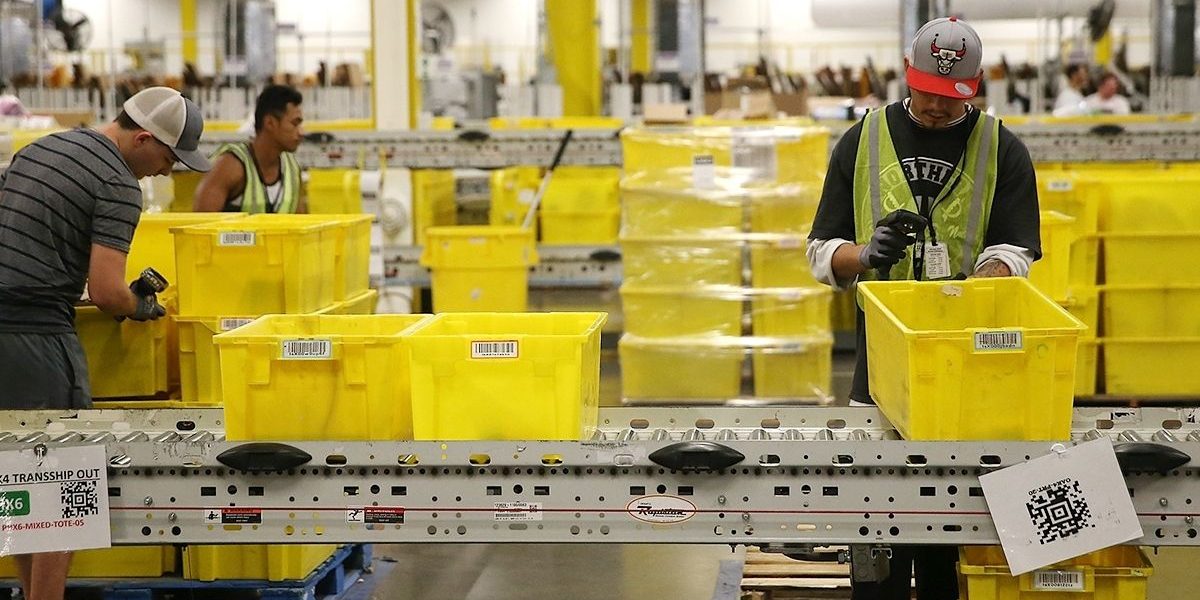Amazon raises minimum wage, local companies follow suit

Amazon has ventured on an advertising blitz this winter to advise Congress to follow the company’s lead and raise the federal minimum wage to $15 an hour. In a recent blog post the company said, American workers “simply can’t wait” for higher pay.
Since 2018, low-wage workers at other businesses have seen significant wage growth beyond what they expected. The growth was not because of new minimum-wage laws, In the areas where Amazon operates, gains are a direct result of companies decision to increase minimum wage to $15 an hour. It appears to have lifted pay for low-wage workers in other local companies as well, according to new research from economists at the University of California, Berkeley, and Brandeis University.
The findings will have a great impact on the battle over the federal minimum wage, which has stayed at $7.25 an hour for more than a decade, and which Democrats are trying to raise to $15 by 2025. One research demonstrates how difficult it can be for low-wage workers to command higher pay in the modern American economy till a powerful outside actor, like a large employer or a government, intervenes.
According to a finding consistent with several recent studies, at present, there is limited evidence in the paper that raising the minimum wage would lead to significant job loss, even in low-cost rural areas. Other research, including a recent report from the Congressional Budget Office, has found a larger negative effect on jobs, although still smaller than many economists believed in the past.
Many small-business owners do not welcome the pressure.
Tad Mollnhauer, who runs two printing and shipping retail stores near Orlando, Fla, said, entry level workers earned about $10 to $12 an hour. But these days, anyone paying that rate risks losing workers to Amazon. He said it was hard for small companies like his to match Amazon’s pay.
“Their network and resources are spread across the country,” allowing Amazon to pay higher-than-market wages in some places, Mollnhauer said. “For me, as two stores, I can’t do that.”
Senior vice president of Amazon, Jay Carney, said the company was aware of the impact its policy could have on other employers. “We knew that by doing this we would encourage other employers to do the same, and if that happened it would put upward pressure on wages in general, which would be good,” he said.
But he denied suggestions that Amazon is using its political power to harm rivals. “We have no power to force anyone to do this, only Congress does it,” he said.
Jared Bernstein, a member of the White House Council of Economic Advisers, said the document showed both workers the potential ripple effects of the increase in the federal minimum wage – which studies show would help workers who earn more than the minimum also get increases – and the limits of the efforts of private companies.
“There is simply no way to be sure you can reach the tens of millions of hardworking but poorly paid workers without dramatically raising the national minimum wage,” he said.
No Republican senator supports the $ 15 an hour bill that Amazon approved, and many Democrats have concerns about it. Given those headwinds and an unfavorable decision by the senate parliamentarian, the provision will almost certainly not be part of the final version of President Biden’s relief package.



